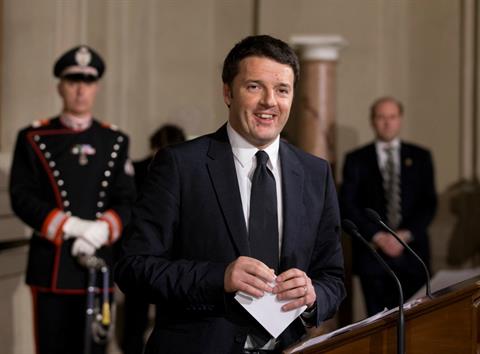Italy voted in a constitutional referendum which is being closely watched for further signs of anti-establishment sentiment in Europe.
The vote, called by center-left PM Matteo Renzi, is formally on plans to streamline parliament but is expected to be used as a chance to register discontent.
Populist parties support a No vote.
The turnout on December 4 referendum has been very high by Italian standards – about 60% on average.
Nearly two-thirds of the electorate has voted in prosperous northern Italy but the turnout was much lower in the south.
Voting began at 07:00 and ended at 23:00 local time.
PM Matteo Renzi, who has said he will resign if he loses, is set to address the Italian people at midnight.
In brief, the reforms include reducing the power of the Senate. Its members would be cut from 315 to 100, with most drawn from mayors and regional representatives.
Matteo Renzi, 41, says the reforms would speed up the cumbersome law-making process in Italy, which has had 60 governments since 1948.
Opponents say the proposals would concentrate too much power in the prime minister’s hands.
Some 50 million Italians have the right to vote in the referendum – many voters are fed up with years of economic stagnation.
An opinion poll in November gave the No vote a lead of at least five percentage points. But many Italians are thought to be still undecided.
The No campaign in Italy has been spearheaded by the anti-establishment Five Star Movement, led by Beppe Grillo. It wants a referendum on whether Italy should keep the euro.
Populists, including the Five Star Movement and the anti-immigrant Northern League, would receive a boost from the prime minister’s defeat.
If Italy votes No, it would follow a similar trend seen with the UK’s vote in June to leave the EU, as well as the rise of the anti-immigrant Front National in France and populist parties elsewhere (along with Donald Trump’s unexpected win in the US presidential election).
The possibility of Matteo Renzi falling from power has reignited concerns about financial stability in the eurozone’s third largest economy.
If Matteo Renzi does lose, it is still not entirely certain that he will be out of power.
President Sergio Mattarella could ask Matteo Renzi to form a new government or appoint a technocratic prime minister to serve until elections due in 2018.

